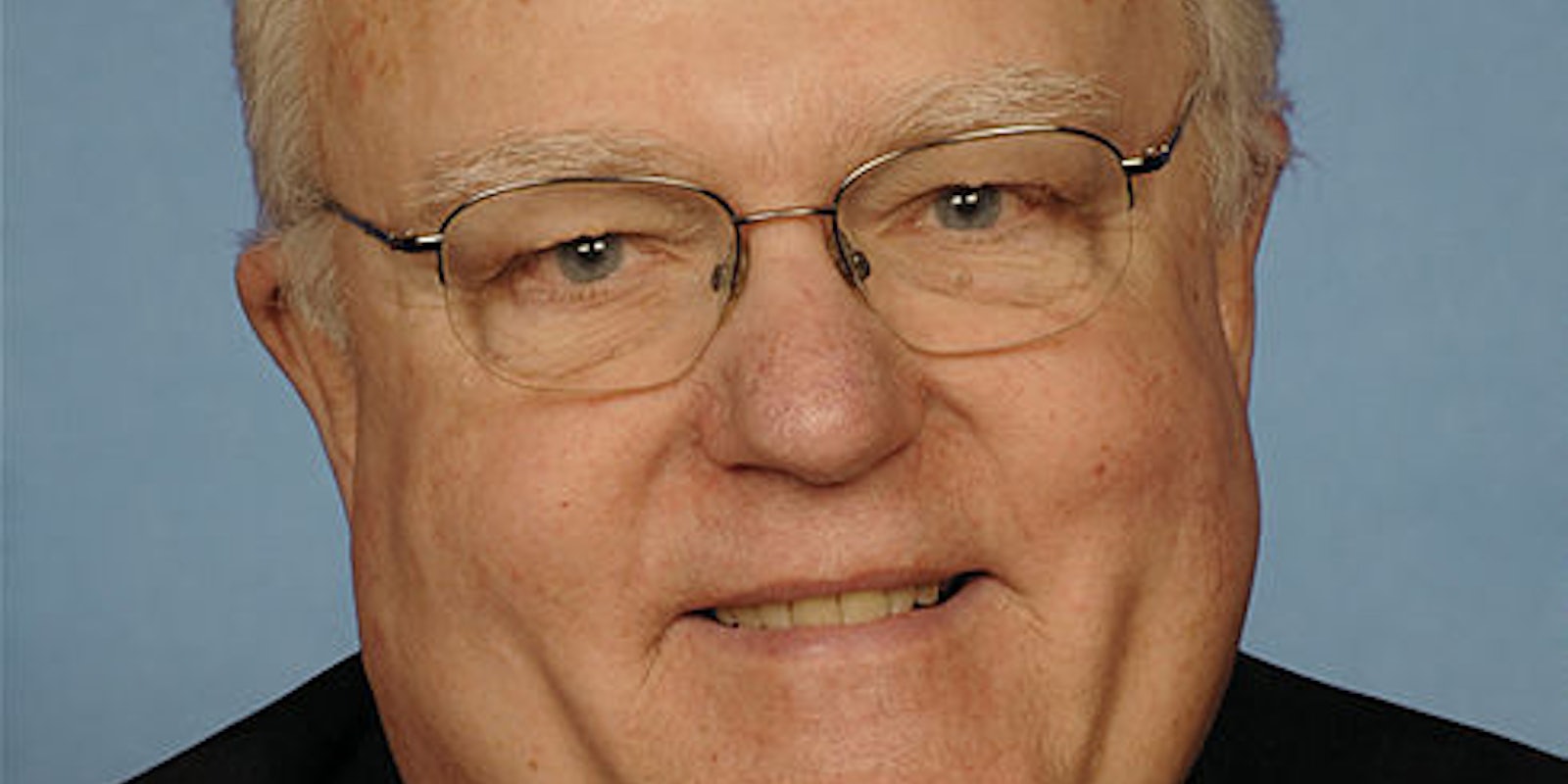As bad as the Computer Fraud and Abuse Act is—criminalizing the slightest of Internet offenses, like creating a MySpace account under a fake name—is, at least it’s not getting worse.
A bill to broaden CFAA has been tabled indefinitely.
A House aide told the Huffington Post that the bill, intended to go before Congress sometime this week, would be shelved. “There were some concerns that we felt were worth going back and addressing,” he said, adding that there was “no timeline” for its return.
Among other extensions, the revised CFAA would have made “conspiracy” to commit a hacking crime warrant the same punishment as actually doing it.
The CFAA was first signed into law in 1984, and it’s been resoundingly criticized for being overly broad ever since. That criticism reached a boiling point in recent months, however, with a pair of high-profile cases. Internet activist Aaron Swartz, who distributed academic articles found on JSTOR, committed suicide in January after facing decades of prison time for his CFAA charges. And Andrew Auernheimer, the hacking anti-hero better known as “Weev,” got 41 months under the same law after he figured out a way AT&T reveals customers’ email addresses and detailed the endeavor on Gawker.
Swartz’s death caused significant outrage from the Internet, including netting successful White House petitions calling to fire both Swartz’s prosecutor and district attorney.
Zoe Lofgren (D-Calif.) has been working on a bill to reform the CFAA called “Aaron’s law” since January. There’s been little movement on getting it to Congress in recent weeks. On March 15, however, Lofgren honored Swartz as a 2013 James Madison Award Honoree, calling him a “brilliant prodigy” and his JSTOR actions “civil disobedience” comparable that of to Dr. Martin Luther King, Jr.
Photo of Jim Sensenbrenner (R-Wisc.), chair of the House Judiciary Committee—which had presented the CFAA expansion—via Wikimedia Commons


